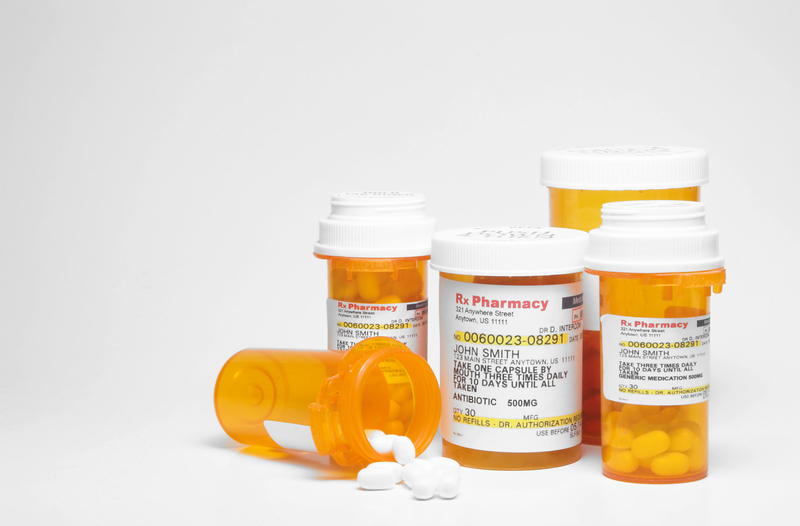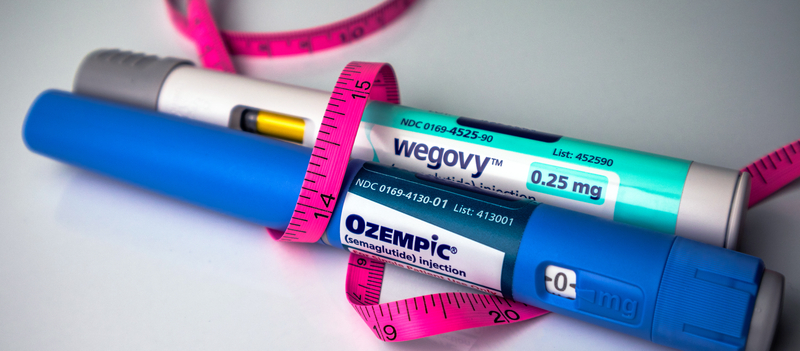military
Senate passes defense bill banning gender-affirming care for trans military children
Dec. 18 (UPI) — The $895.2 billion defense bill passed by the U.S. Senate Wednesday bans using federal money for gender-affirming care for tr...
Health Care for Transgender Military Kids Could Be Banned by Must-Pass Defense Bill
Transgender children of service members could lose access to gender-affirming health care through the military health system under the annual defen...
Lung Cancer Screening Among U.S. Military Veterans by Health Status and Race and Ethnicity, 2017-2020: A Cross-Sectional Population-Based Study
Introduction:
Veterans are at high risk for lung cancer and are an important group for lung cancer screening. Previous research sugg...
Mental Health Among LGBT Youth with Parent in Military Alarming | National | News
(LA Blade) The Trevor Project on Wednesday released its report on a study of LGBT youth who have a parent/guardian currently serving in the armed f...
Obesity in Latinx and White U.S. military veterans: prevalence, physical health, and functioning
Objective:
While Latinx Americans in the general population are more likely to have obesity than non-Hispanic Whites, limited resear...
Race‐specific prostate cancer outcomes in a cohort of military health care beneficiaries undergoing surgery: 1990–2017
…significant differences in long-term prostate cancer outcomes in Caucasian American compared to African American men. This study explored wh...
Trending Topics
Features
- Drive Toolkit
Download and distribute powerful vaccination QI resources for your community.
- Health Champions
Sign up now to support health equity and sustainable health outcomes in your community.
- Cancer Early Detection
MCED tests use a simple blood draw to screen for many kinds of cancer at once.
- PR
FYHN is a bridge connecting health information providers to BIPOC communities in a trusted environment.
- Medicare
Discover an honest look at our Medicare system.
- Alliance for Representative Clinical Trials
ARC was launched to create a network of community clinicians to diversify and bring clinical trials to communities of color and other communities that have been underrepresented.
- Reducing Patient Risk
The single most important purpose of our healthcare system is to reduce patient risk for an acute event.



















